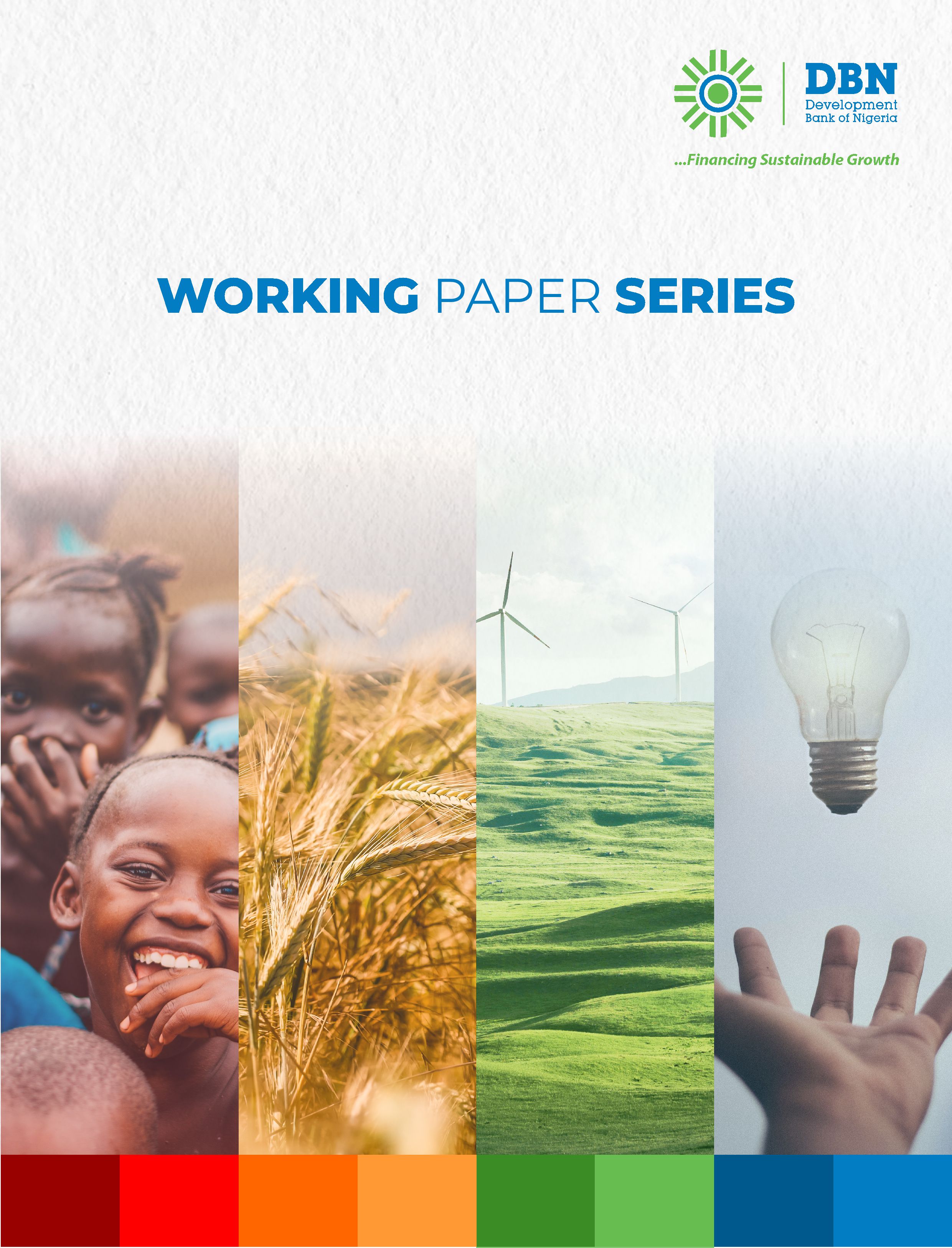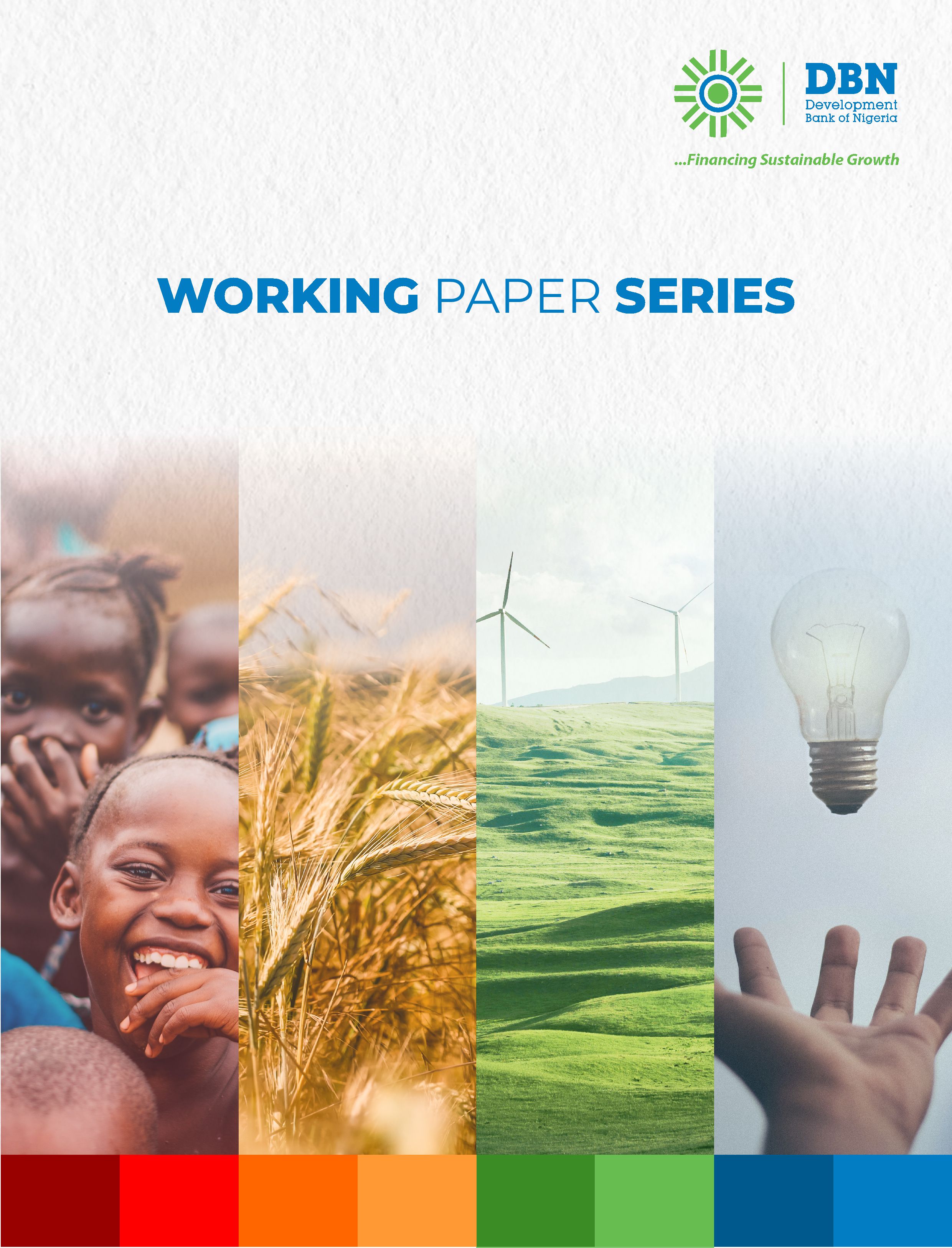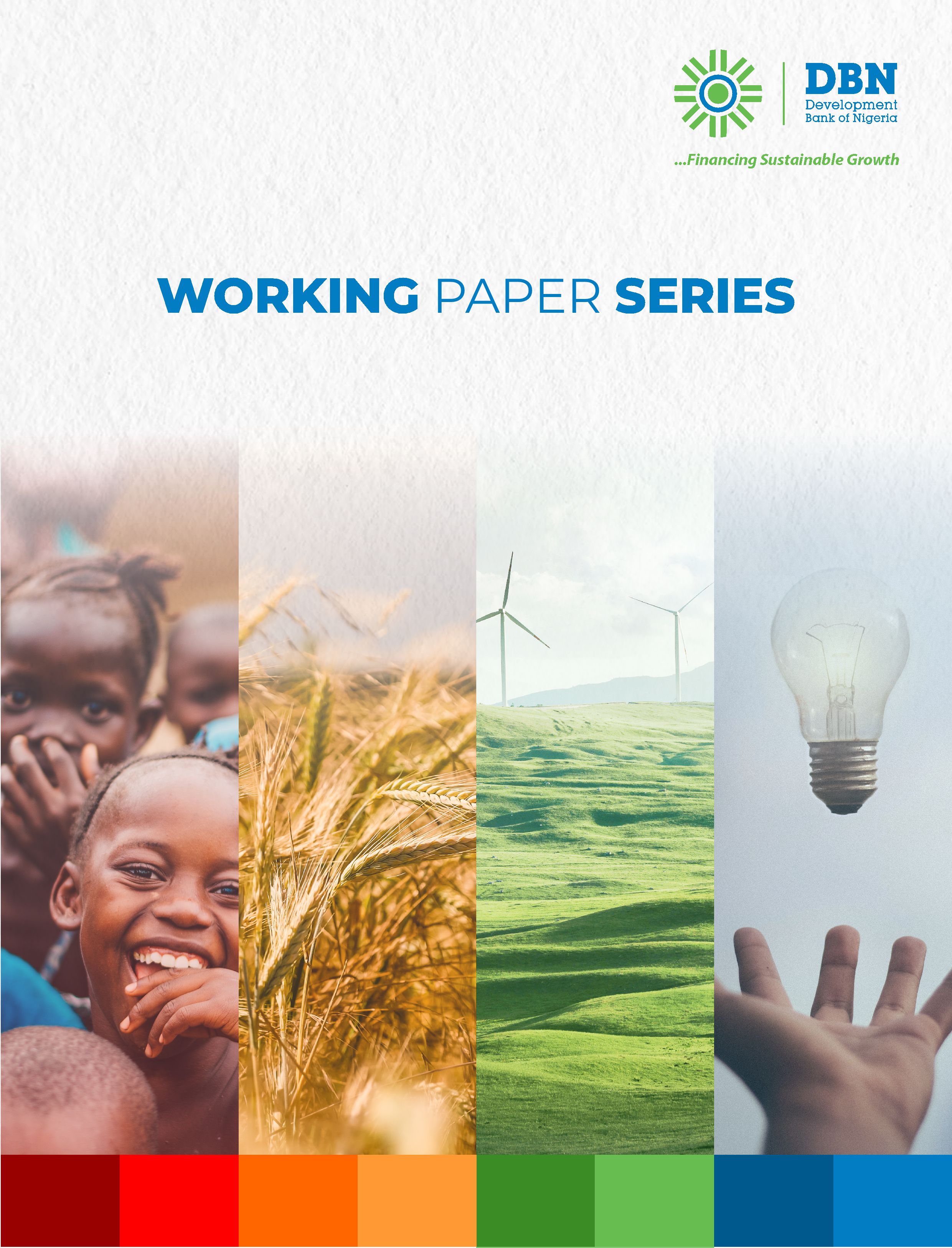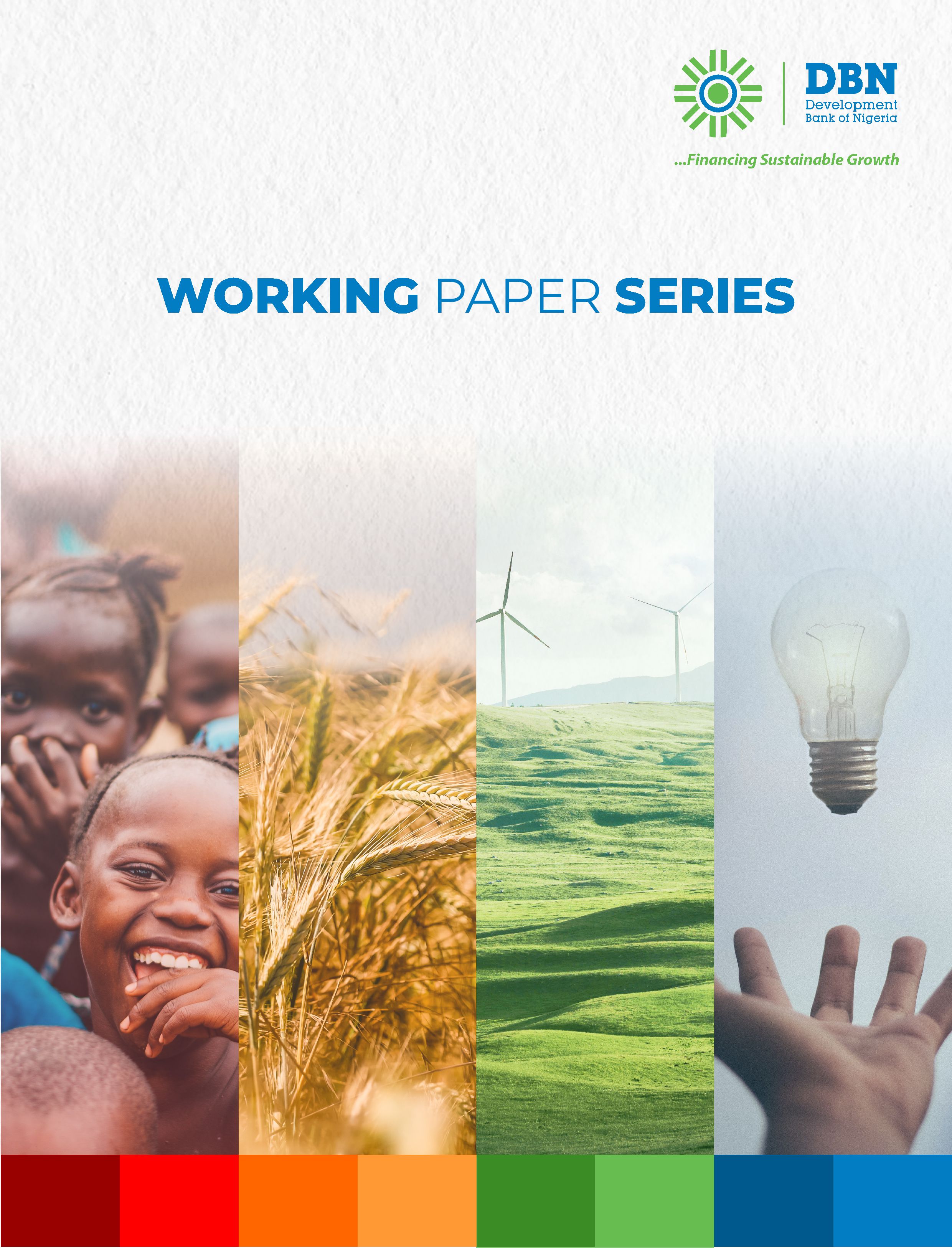
Publication Information
Published by: Admin
Published: 8 months ago
View: 324
Pages: 31
ISBN:
Abstract
Financial inclusion is a necessary condition for the population to get access to credit. Despite the efforts made by governments and policy makers, the rate of financial inclusion in Sub-Saharan African (SSA) countries remains low. The internet can be one of the options to increase the rate of financial inclusion in SSA. But the use of internet in SSA remains low due to the poor quality of the internet and to its high cost. So, good governance quality can consolidate internet infrastructure in order to promote the internet. This paper analyses the role of governance quality in the relationship between internet and financial inclusion in Sub-Saharan African countries. The study utilises data from the International Monetary Fund (IMF) database for indicators of financial inclusion, World Development Indicators (WDI) for internet users and World Governance Indicators (WGI) for governance indicators over the period 2004 to 2020. Analysing the data using the System Generalized Method of Moments (SGMM), the results show that the internet can be effectively complemented with the quality of governance to improve financial inclusion. Thresholds of governance that are needed for the internet to promote financial inclusion are provided. Policies aimed at reinforcing the quality of governance in SSA countries could help consolidate internet infrastructure to promote internet usage and in turn improve financial inclusion. Other policy implications are discussed.
Armand F. Akpa
Simplice A. Asongu Prof
Michael E. Batuo
Related Publications

VOLUME 8 ISSUE 1 2025
The impact of public spending on water, sanitation and hygiene (WASH) adoption: Governance thresholds for complementary policies

VOLUME 8 ISSUE 1 2025
Not all that glitters is gold: financial access, microfinance and female unemployment in Sub-Saharan Africa

